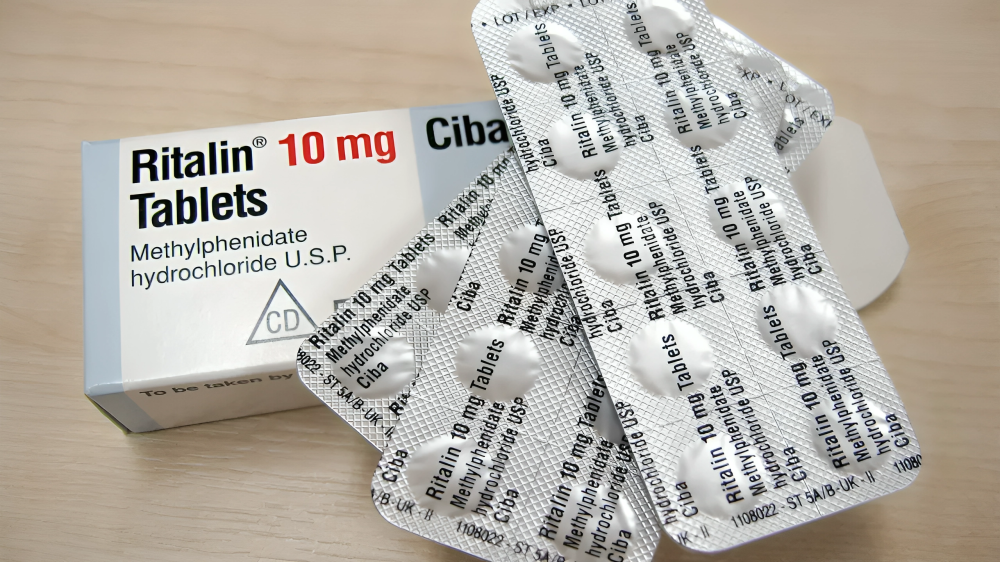
Buy Ritalin online is risky and illegal. It’s important to see a doctor for proper advice and treatment.
Buy Ritalin online without a prescription is a bad idea. Ritalin is a strong medicine used for ADHD and narcolepsy. Getting it without a doctor’s prescription is risky.
First, you miss out on important advice from a doctor. Ritalin can have serious side effects, and it might not be safe for everyone. Skipping the doctor means you might not know if it’s right for you or if it could cause problems with other medicines you take.
Second, buying from sketchy websites means you could get fake or bad-quality drugs. These can be dangerous and make you sick.
Lastly, buying prescription drugs without a prescription is against the law. If you’re caught, you could get in big trouble, like paying fines or even going to jail.
Instead of risking your health and breaking the law, it’s better to see a doctor if you think you need Ritalin or any other medicine. They’ll make sure it’s safe for you and give you the right advice and treatment.
What is Ritalin
Ritalin is a central nervous system stimulant that is mostly used to treat narcolepsy and attention deficit hyperactivity disorder (ADHD). It is also known by its generic name, methylphenidate. It works by increasing the levels of dopamine and norepinephrine in the brain, neurotransmitters responsible for regulating attention, behavior, and impulse control.
Ritalin is available in various forms, including immediate-release tablets, extended-release tablets, and chewable tablets. The dosage and frequency of administration are typically tailored to each individual’s needs under the supervision of a healthcare professional.
The medication helps improve focus, concentration, and impulse control in individuals with ADHD, allowing them to better manage their symptoms and engage in daily activities. For those with narcolepsy, Ritalin helps reduce excessive daytime sleepiness and improve wakefulness.
However, like many medications, Ritalin carries the risk of side effects, including insomnia, loss of appetite, headaches, and increased heart rate. Long-term use may also lead to tolerance, dependence, or abuse, so it’s essential to use Ritalin as prescribed and under medical supervision.
Overall, Ritalin plays a significant role in managing ADHD and narcolepsy symptoms, but patients and healthcare providers must weigh the benefits against the potential risks and monitor its use closely.
Ritalin Side Effect





